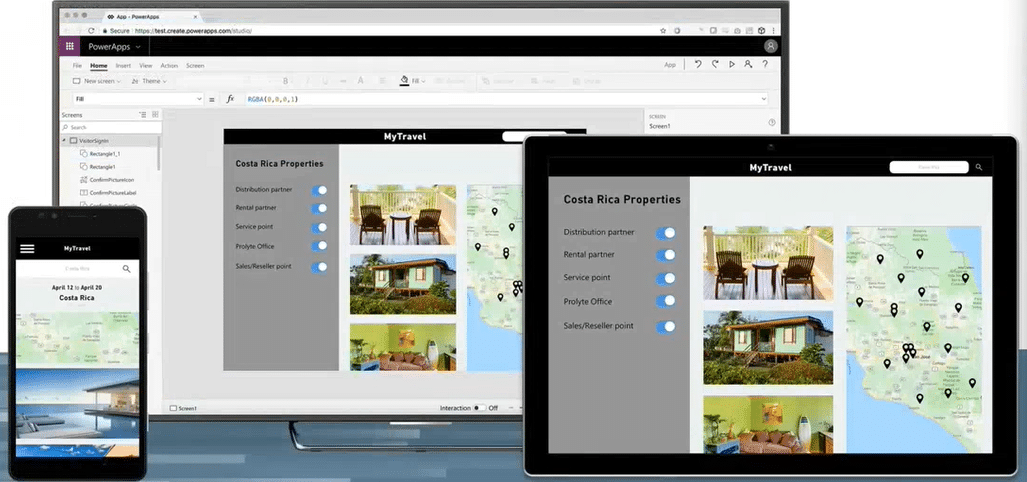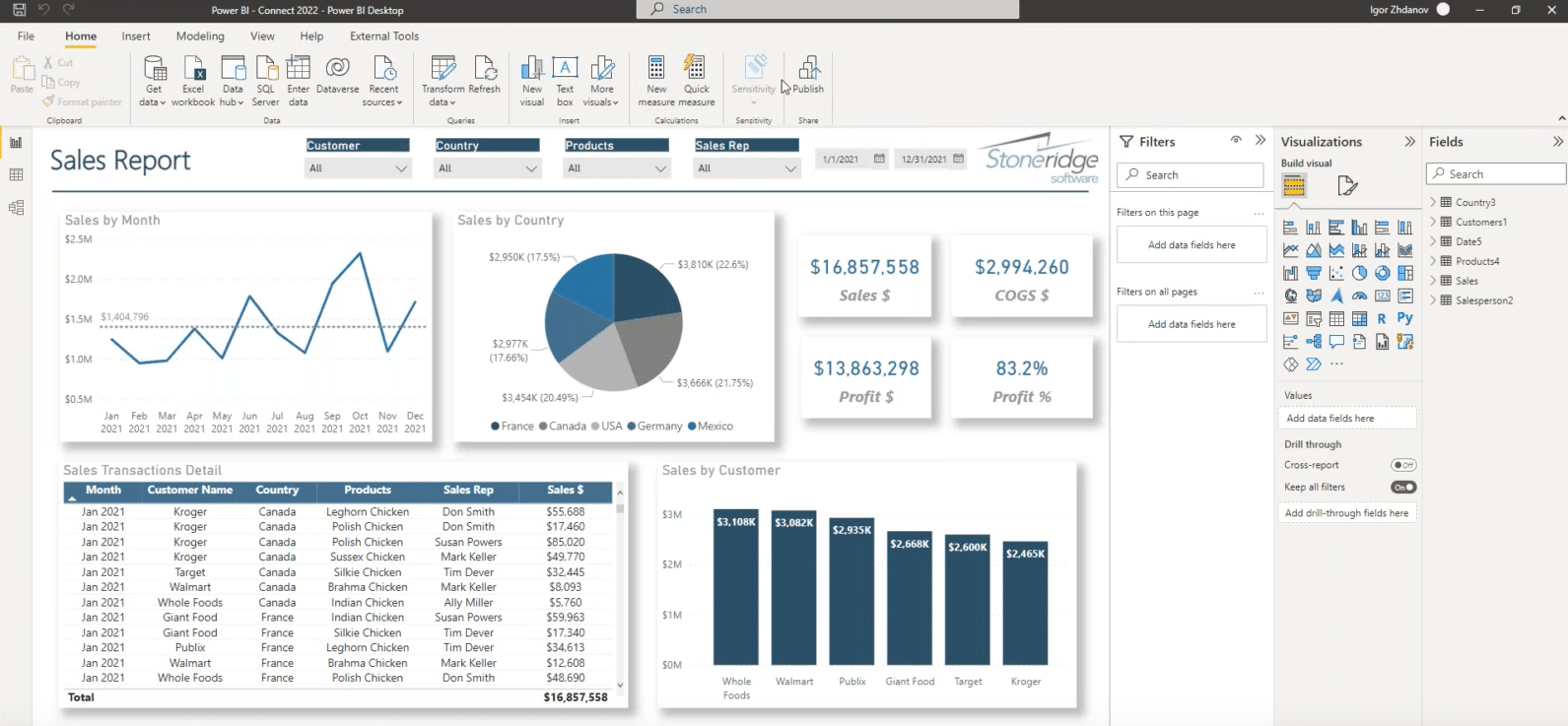With the release of Microsoft Power Pages, Microsoft continues to enhance the Power Platform, its no-code/low-code suite of tools for creating business solutions.
Power Apps—the suite’s no-code/low-code offering for creating apps leveraging your Microsoft 365 and Dynamics 365 data—is a powerful tool that’s well-suited to creating apps for internal use. An extension of Power Apps called Power Apps Portals enabled the creation of websites for external users but had significant limitations—only users with administrator access could use Portals, and users needed some level of coding knowledge.
Microsoft Power Pages, is available to any licensed user and makes a citizen developer of anyone on your team. Power Pages encompass the functionality of Portals but bring a huge upgrade in capabilities.
The Stoneridge Software blog provides a detailed look at how you can use Power Apps and Power Pages together to enhance customer experience.
What Is Microsoft Power Pages?
Microsoft Power Pages is a no-code/low-code software as a service (SaaS) platform for quickly developing responsive, inward- or outward-facing websites for any browser or device.
Power Pages Features and Capabilities
- No coding? No problem: Although web developers can fully customize Power Pages websites, people with any level of coding ability across your organization can easily create sites, too.
Work and preview in the design studio: The heart of Power Pages is the design studio, where you can add and layout content, style pages according to your company’s branding and color palette, incorporate your data, and configure user permissions and access. - Create from templates: A growing collection of Power Pages templates is geared toward a range of business applications. Selecting the template closest to your needs gets sites up and running with a minimum of development overhead.
- Integrate anything from the Microsoft Dataverse: No matter where your data lives—in Power Platform applications, Microsoft 365, Dynamics 365, or Azure SQL servers—you can seamlessly integrate it into your websites.
- Easily handle security and governance: With the backing of Microsoft’s built-in security and governance, you can focus on creating sites that solve your problems without worrying about data security or compliance with data-handling regulations.
Power Pages Examples
If a marketing, sales, or field service team needs a purpose-built web page, who better to design and build it than the team itself? With Power Pages, projects don’t need to languish in the darkness waiting for a development team to get to them. Citizen coders can get a page up and running with a minimum of overhead, and developers can come in to support or customize as needed.
You might use Power Pages to create:
- A landing page with a form for prospective customers to fill out
- A portal for customers to log in and view their account information
- A help desk for clients to file support requests and view support history
- Microsoft produced a set of Power Pages tutorials to help get you started.
Power Pages Pricing
Budgeting for Power Pages is a matter of selecting from several Power Pages licensing options. There are two main licensing models:
- Pay-as-you-go plans, where you pay a set fee per monthly site visitor
- Subscription plans (starting at 100 users per site per month), which offer volume discounts off pay-as-you-go pricing
Other Microsoft Power Platform Programs
The other applications in the Microsoft Power Platform suite are:
- Power BI: Deep and endlessly configurable business analytics provide insight into your business systems.
- Power Apps: Create, launch, and host business-solution apps with a minimum of coding.
- Power Automate: Automate time-consuming, repetitive processes so that you can focus your human resources elsewhere.
- Power Virtual Agents: Create customized, interactive chatbots to handle low-level customer concerns.
Partner With Stoneridge to Take Advantage of Power Pages
At Stoneridge Software, we partner with clients to create, deploy, and support business solutions utilizing Microsoft 365, Dynamics 365, and Power Platform. Stoneridge Software has extensive experience with Power Platform and can help you unleash innovative solutions within your company using Power Pages.
Contact us today to learn more about our Power Platform services.
Start the Conversation
It’s our mission to help clients win. We’d love to talk to you about the right business solutions to help you achieve your goals.


